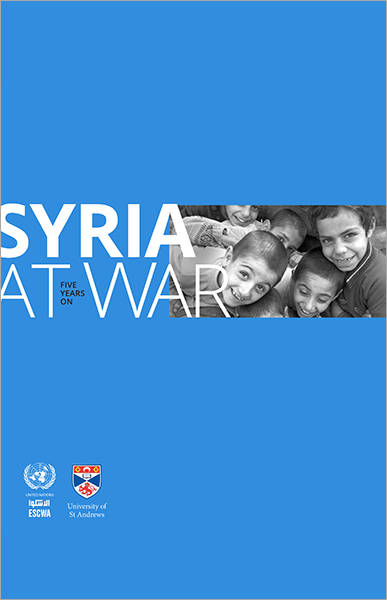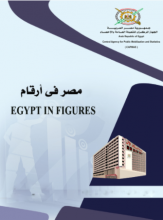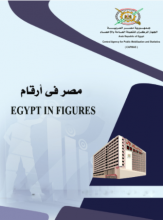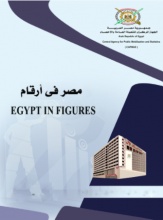Macroeconomy

This report focuses on socioeconomic ramifications of the conflict in Syria five years on; it examines the European Union’s humanitarian cooperation with Syria and region, the flow of refugees and migrants to Syria’s neighbours and Europe, and the impact of the unilateral economic measures on the Syrian people. It also identifies guiding principles and key critical steps for post-conflict Syria.
Five years of conflict led to an estimated 2.3 million people being killed or wounded, while more than 12 million are displaced. GDP contracted by 55 per cent and total losses incurred in five years of conflict are estimated at $259.6 billion. More than 80 per cent of the population is living below the poverty line. Millions are deprived of the essential necessities of life. Schools and hospitals have seized to operate leading to worsening of education and health outcomes.
The EU could boost cooperation with Syria and Syria’s neighbouring countries by increasing support for refugee communities there. Moreover, increased coordination between Member States would do much to improve the situation of refugees and migrants. Early labor market integration and social integration are key to good economic and social future. The delivery of humanitarian aid must be eased under the current unilateral EU and US economic measures, and a viable mechanism for transferring funds into Syria established.
The guiding principles and critical steps outlined in this report focus on reconstruction and development. It follows that the first guiding principle proposed in this report is that Syria should remain an indivisible entity in which all citizens have equal rights and responsibilities, and equal opportunities for political and economic empowerment. Initial post conflict efforts need to concentrate on the most vulnerable population groups, including refugees. The recommendations in this report should be seen as tentative, the only imperative being the need to respond effectively.
View PDF
Related Topics
-
Egypt in Figures - Population 2022
2022"Egypt in Figures" is a booklet issued each year by the Central Agency for Public Mobilization and Statistics (CAPMAS). It contains the most...Read More -
Egypt in Figures - Education 2022
2022"Egypt in Figures" is a booklet issued each year by the Central Agency for Public Mobilization and Statistics (CAPMAS). It contains the most...Read More -
Egypt in Figures - Economy 2022
2022"Egypt in Figures" is a booklet issued each year by the Central Agency for Public Mobilization and Statistics (CAPMAS). It contains the most...Read More


